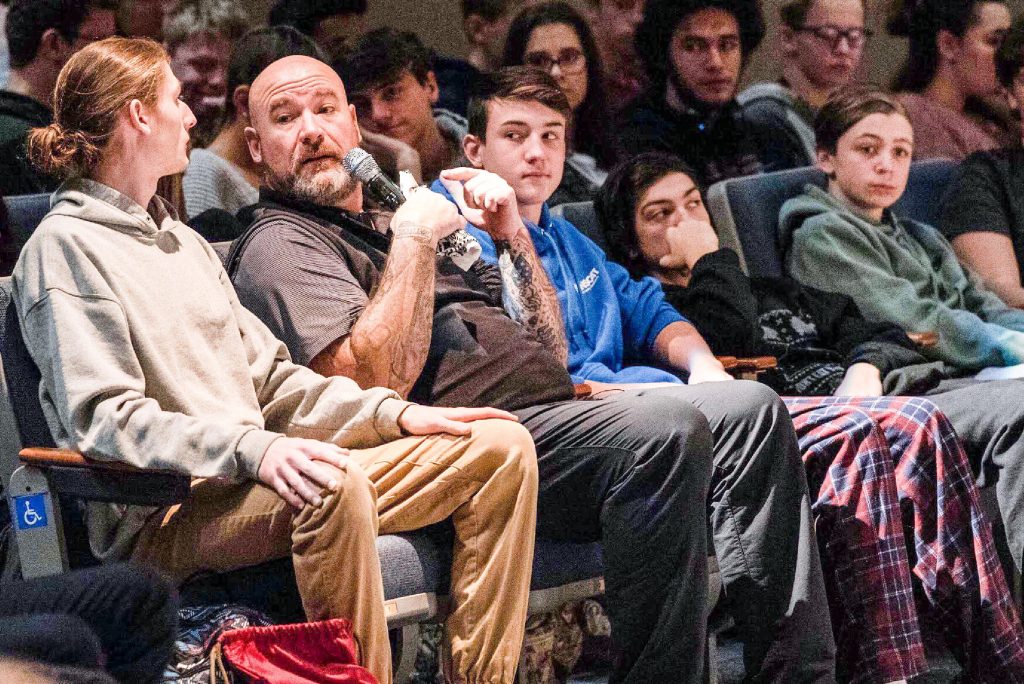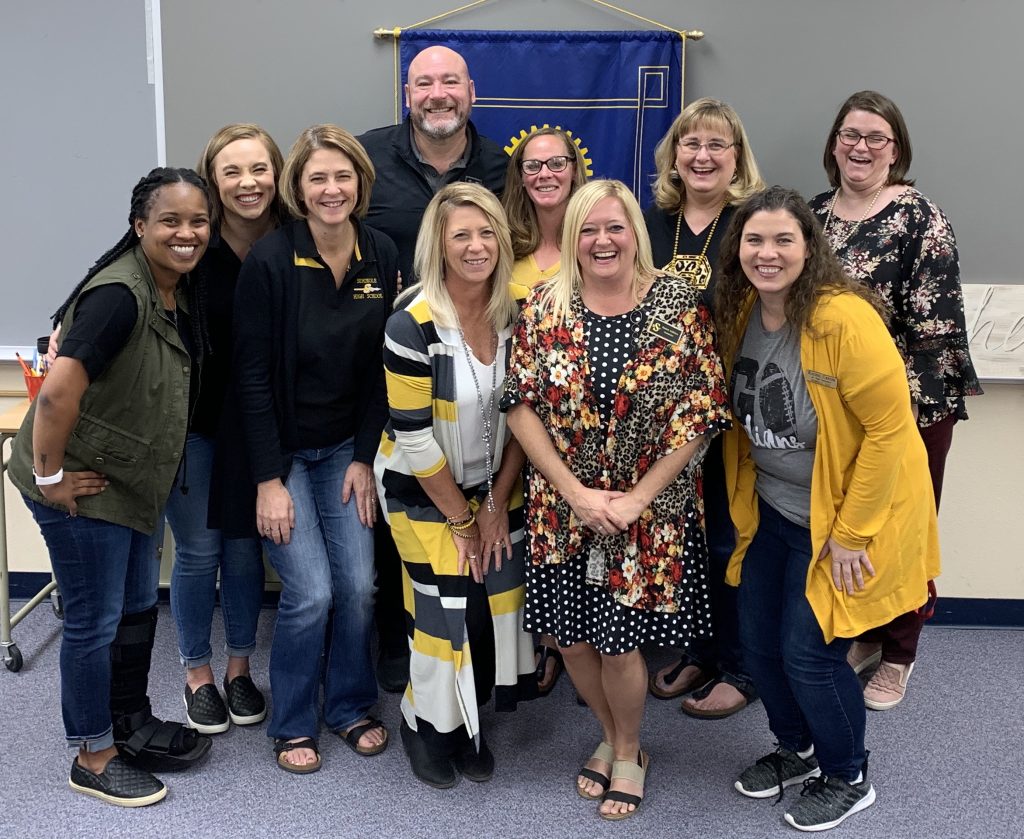“Unlocking Youth’s Potential: The Four Agreements as a Practical Guide to Transform Their Lives”

It’s a self-help guide that provides straightforward principles for leading a more fulfilling and peaceful life. These four agreements serve as a practical roadmap, offering four simple rules for achieving greater happiness and tranquility.
“Enhancing Teaching Practices: Building Trust and Connection with Students”

Best classroom practices for teachers to engage with their students. 10 Most Common Mistakes Teachers Make
Inspiring Conversations: Ep.1 – Bobby Petrocelli
Today’s inspiring conversation is with Bobby Petrocelli the author of YOU MATTER . . . IT DOESN’T.
Life Changing Conversation with Teens
Jeff Yalden Inspired by Conversation with Teens Recently, I visited Sequim High School in Washington State. Sequim is a beautiful place along the Dungeness River near the Olympic Mountains – and whenever I am in a spot like this, I feel grateful for the opportunity to take it all in. The Sequim school community was […]
Jeff Yalden: Positivity in Coastal Virginia
On April 19, youth motivational speaker and Amazon bestselling author Jeff Yalden visited Mathews, Virginia – a community in the Chesapeake Bay region of the state. Yalden was invited by the Mathews County Sheriff’s Office to speak to high school and middle school students about life choices, mental health, behavior, and attitude. He also presented […]
Jeff Yalden: Touching Hearts, Changing Lives in Washington State
Cle Elum, Washington is a small community 90 minutes from Seattle, boasting only 1,872 residents as of the 2010 census. In April, the community lost a freshman from Cle Elum-Roslyn High School when he made the forever decision to take his own life. Youth motivational speaker and crisis intervention expert Jeff Yalden spent a full […]
JEFF YALDEN REACHES OUT TO THE BROOKFIELD, MISSOURI SCHOOL COMMUNITY
Jeff Yalden’s heart sank when he heard the news of two completed suicides and one suicide attempt last month in Brookfield, Missouri. Two more young lives cut short by what he calls the “forever decision” in an area that has suffered too much loss already. Yalden is a teen mental health and youth motivational speaker. […]
TEEN SUICIDE: THE “WHY” BEHIND THE EPIDEMIC
My name is Jeff Yalden. Many know me as a youth motivational speaker. For 26 years now, this has been my passion. Since 1992, I have presented to more than 4000 live audiences at schools, colleges and mental health organizations in this country and around the world – and it is an absolute joy to […]
A WHIRLWIND DAY IN RURAL OHIO
Newcomerstown, Ohio is a small rural community just north of Appalachia. I was invited to spend the day with Newcomerstown Exempted Village Schools and heard that nearly 80 percent of the students there were receiving free or reduced lunches. I hear that stuff all the time but have never let that influence how I look […]
The Peanut Incident: Why It’s Better to Ask than to Assume
Most of us have heard the old adage, “If you assume, you make an ASS out of YOU and ME.” It’s a staple in journalism school, but more importantly, the wrong assumption can send your mental state into a downward spiral – sometimes resulting in anger or resentment – or both. Mental health speaker and […]

